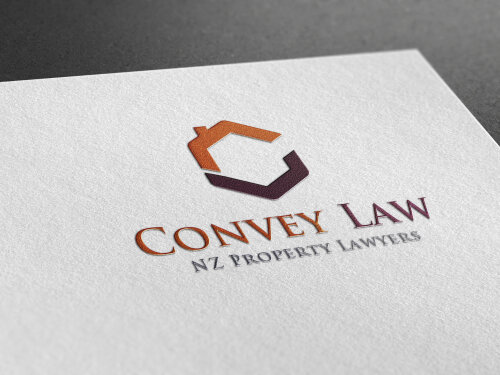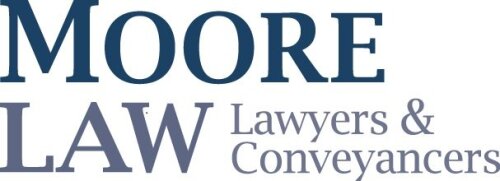Best Landlord & Tenant Lawyers in Auckland
Share your needs with us, get contacted by law firms.
Free. Takes 2 min.
Free Guide to Hiring a Real Estate Lawyer
List of the best lawyers in Auckland, New Zealand
About Landlord & Tenant Law in Auckland, New Zealand
Landlord and tenant law in Auckland, New Zealand is primarily governed by the Residential Tenancies Act of 1986, which stipulates the responsibilities of both parties in a lease agreement. This law encompasses various aspects, including rent regulation, property maintenance, tenant security, and dispute resolution. It provides a balance between tenants’ and landlords’ rights, ensuring fair treatment for both parties.
Why You May Need a Lawyer
Whether you are a tenant or a landlord, there may be various situations where you may need legal assistance. As a tenant, you may run into unexpected eviction, maintenance issues, or rent-related disputes. As a landlord, you may require legal advice if the tenant defaults on rent or damages your property. Legal professionals specialized in this area can offer guidance to ensure compliance with local laws and regulations.
Local Laws Overview
Landlord and tenant relationships in Auckland are largely governed by the Residential Tenancies Act. Key provisions include rules regarding tenancy agreements, rent payments, bond requirements, property maintenance, and rights to quiet enjoyment. The law mandates landlords to provide habitable accommodations and tenants to pay rent timely and avoid intentional damage. The installation of smoke alarms is mandatory and repair responsibilities are usually divided between the two parties. The act also provides some protections against illegal rent increases and unfair evictions.
Frequently Asked Questions
1. What is the normal length of a tenancy agreement?
While the length of a tenancy agreement can vary, most residential leases in New Zealand typically last for one year.
2. Can a landlord increase rent during the term of the lease?
Rent can generally be increased once every 12 months, with a 60 day notice, unless otherwise stated in the lease agreement.
3. How can disputes between landlords and tenants be resolved?
New Zealand has a specialized Tenancy Tribunal that handles disputes between landlords and tenants regarding violations of the Residential Tenancies Act.
4. What happens in case of property damage?
Tenants are responsible for damage caused by neglect or intent. However, everyday wear and tear works differently and in general, a landlord is responsible for maintaining the premises to a reasonable state of repair.
5. What happens if the rent is not paid on time?
If the rent is not paid on time, landlords can issue a 14-day notice to remedy. If the tenant fails to pay, landlords can apply to the Tenancy Tribunal for a possession order 21 days after rent was due.
Additional Resources
If you need further advice or support regarding landlord and tenant matters, the Tenancy Services of the New Zealand government provides a wealth of information and resources. The Community Law Centre also offers free legal advice for tenants and landlords to navigate through fairly complex issues.
Next Steps
If you require legal assistance for landlord and tenant issues, consider contacting a legal office or a community law centre in Auckland. They can offer initial legal assistance and direct you to a lawyer specialized in property law if necessary.
Lawzana helps you find the best lawyers and law firms in Auckland through a curated and pre-screened list of qualified legal professionals. Our platform offers rankings and detailed profiles of attorneys and law firms, allowing you to compare based on practice areas, including Landlord & Tenant, experience, and client feedback.
Each profile includes a description of the firm's areas of practice, client reviews, team members and partners, year of establishment, spoken languages, office locations, contact information, social media presence, and any published articles or resources. Most firms on our platform speak English and are experienced in both local and international legal matters.
Get a quote from top-rated law firms in Auckland, New Zealand — quickly, securely, and without unnecessary hassle.
Disclaimer:
The information provided on this page is for general informational purposes only and does not constitute legal advice. While we strive to ensure the accuracy and relevance of the content, legal information may change over time, and interpretations of the law can vary. You should always consult with a qualified legal professional for advice specific to your situation.
We disclaim all liability for actions taken or not taken based on the content of this page. If you believe any information is incorrect or outdated, please contact us, and we will review and update it where appropriate.















